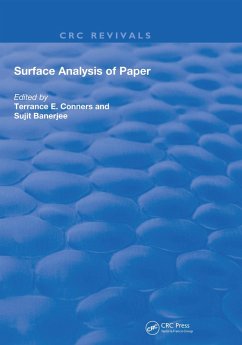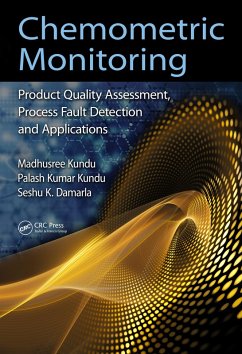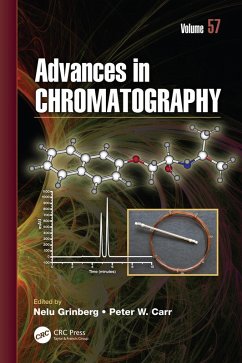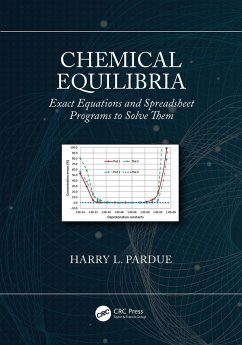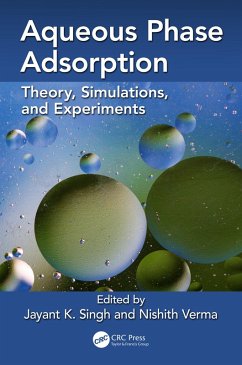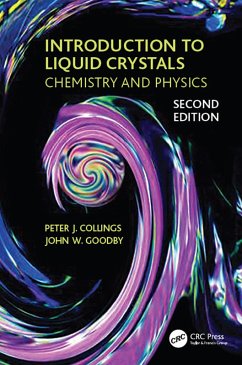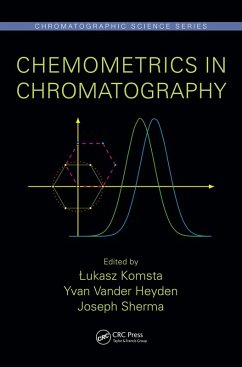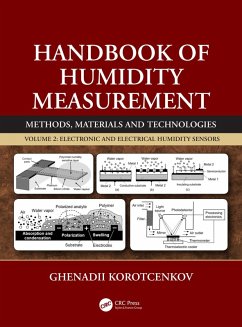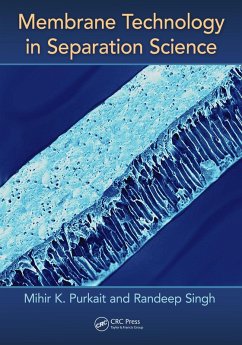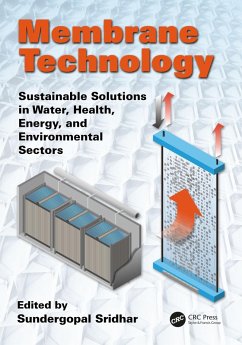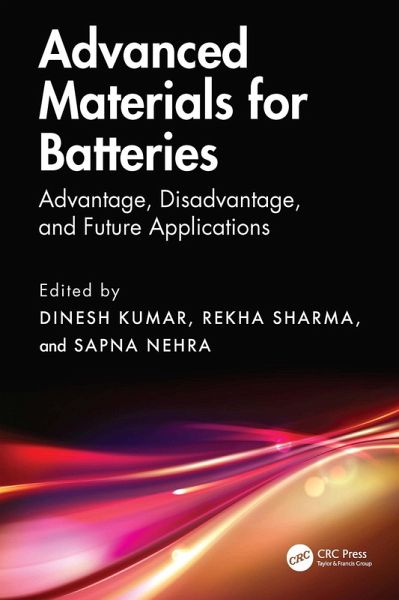
Advanced Materials for Batteries (eBook, ePUB)
Advantage, Disadvantage, and Future Applications
Redaktion: Kumar, Dinesh; Nehra, Sapna; Sharma, Rekha
Versandkostenfrei!
Sofort per Download lieferbar
52,95 €
inkl. MwSt.
Weitere Ausgaben:

PAYBACK Punkte
26 °P sammeln!
The rise of renewable energy responds to global warming, necessitating reliable storage like batteries. Though frequent use can affect their lifespan, these have become smaller, simpler, and more adaptable. Recent technological progress has improved batteries' longevity and efficiency, with costs dropping due to mass production. This book examines different battery types, their evolution, and the cutting-edge materials enhancing their performance, particularly focusing on metal oxides in various battery technologies.Exploring advanced materials for batteries is not just a theoretical exercise ...
The rise of renewable energy responds to global warming, necessitating reliable storage like batteries. Though frequent use can affect their lifespan, these have become smaller, simpler, and more adaptable. Recent technological progress has improved batteries' longevity and efficiency, with costs dropping due to mass production. This book examines different battery types, their evolution, and the cutting-edge materials enhancing their performance, particularly focusing on metal oxides in various battery technologies.
Exploring advanced materials for batteries is not just a theoretical exercise but a practical journey into the future of energy. This book is an essential guide, tracing the evolution from early battery technology to the latest innovations and equipping researchers, engineers, and students with the practical knowledge to drive the next wave of sustainable energy solutions.
Key Features:
This book serves as a beacon, bridging historical milestones with future goals. It thoroughly explores materials, including lithium-ion and sodium-ion, in a manner accessible to everyone. It lays a robust groundwork for innovators in energy storage, steering us towards a more sustainable tomorrow. This work informs and connects readers to the evolving narrative of battery technology.
Exploring advanced materials for batteries is not just a theoretical exercise but a practical journey into the future of energy. This book is an essential guide, tracing the evolution from early battery technology to the latest innovations and equipping researchers, engineers, and students with the practical knowledge to drive the next wave of sustainable energy solutions.
Key Features:
- Provides a comprehensive resource for academics, researchers, and engineers in energy storage, with detailed insights into various battery types
- Discusses advanced materials for smart and small batteries
- Delves into cutting-edge materials designed for compact and efficient batteries
- Offers a visionary outlook on the evolution of battery technology and traces historical advances alongside the latest breakthroughs in battery science and future perspectives
This book serves as a beacon, bridging historical milestones with future goals. It thoroughly explores materials, including lithium-ion and sodium-ion, in a manner accessible to everyone. It lays a robust groundwork for innovators in energy storage, steering us towards a more sustainable tomorrow. This work informs and connects readers to the evolving narrative of battery technology.
Dieser Download kann aus rechtlichen Gründen nur mit Rechnungsadresse in A, B, BG, CY, CZ, D, DK, EW, E, FIN, F, GR, HR, H, IRL, I, LT, L, LR, M, NL, PL, P, R, S, SLO, SK ausgeliefert werden.




